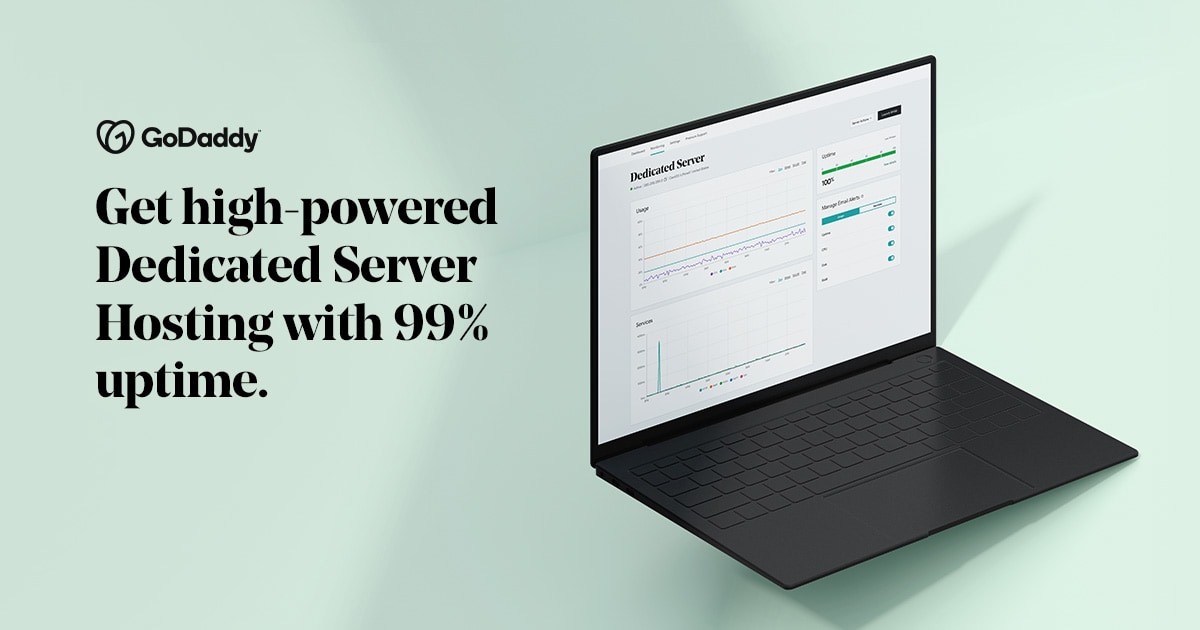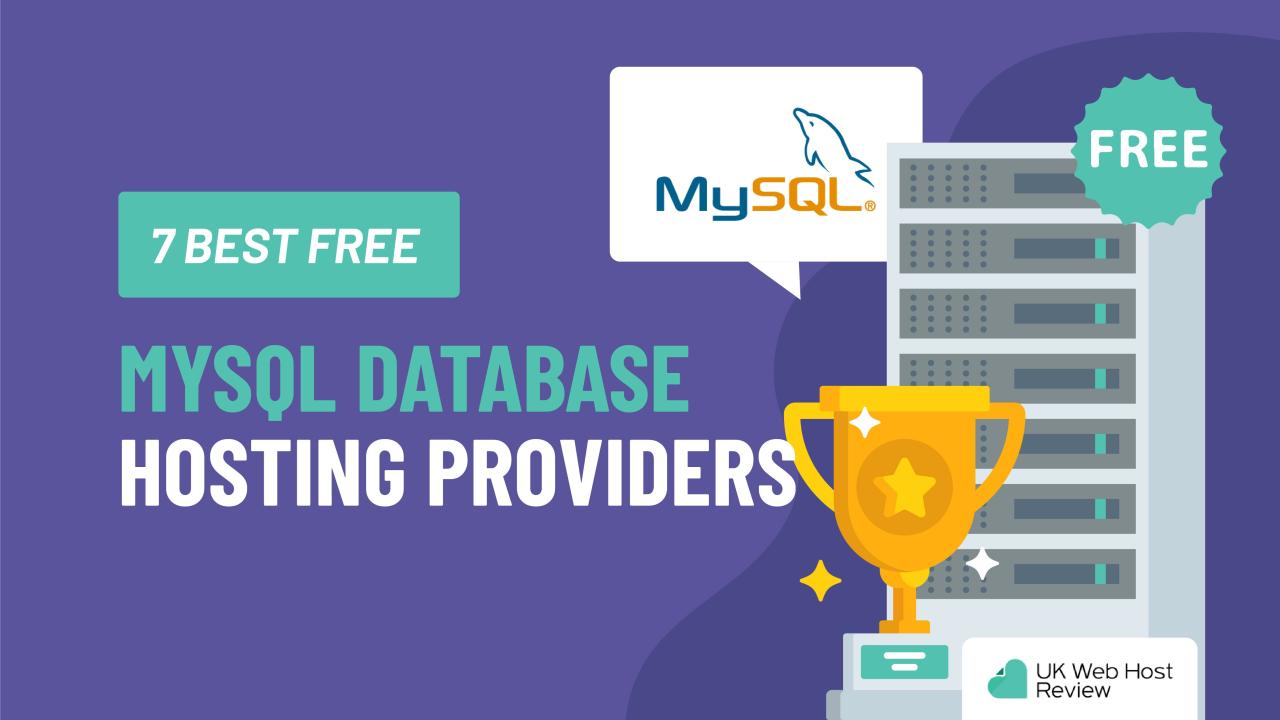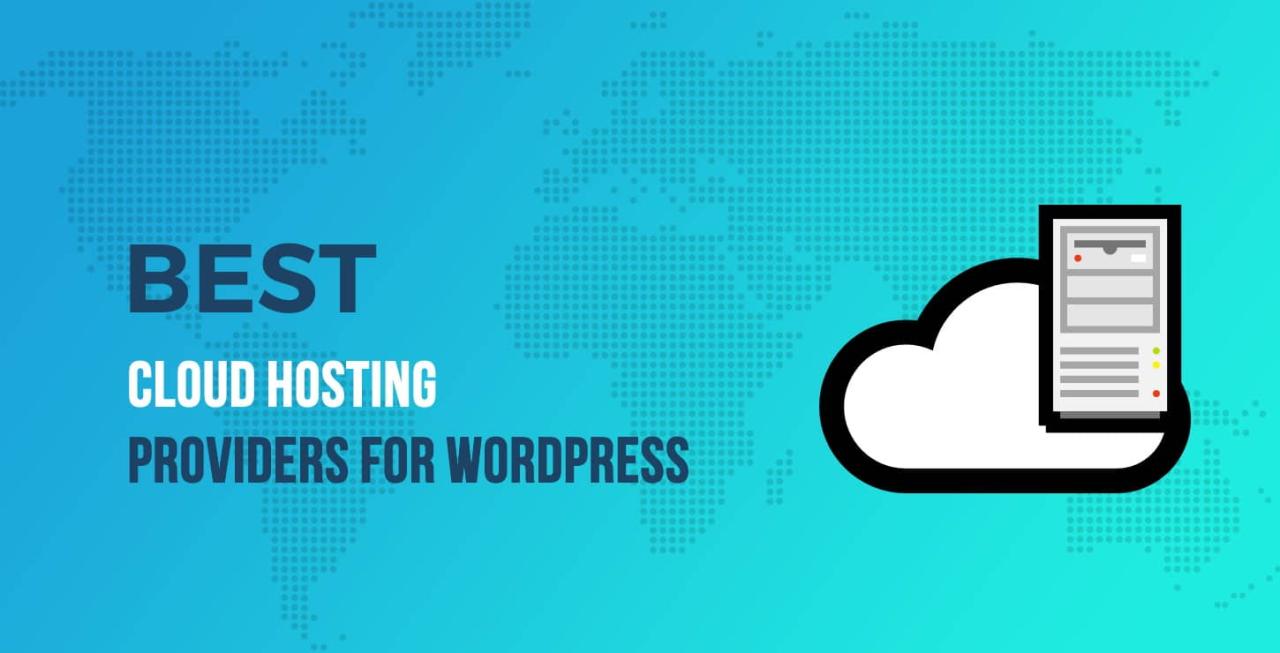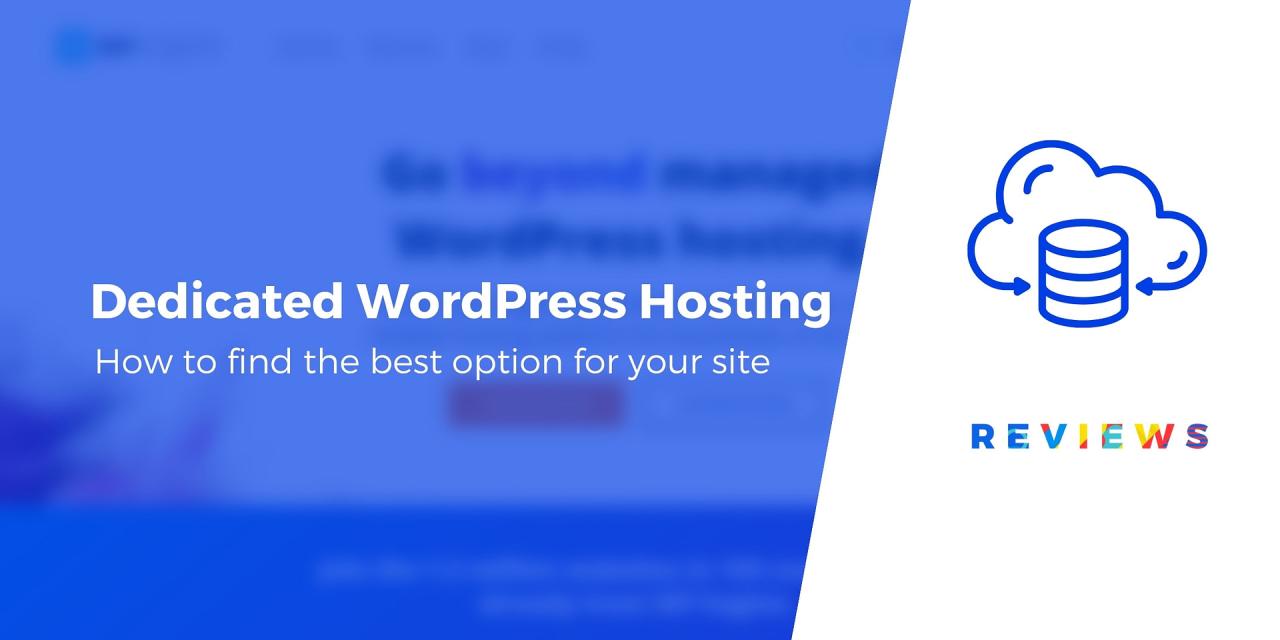Unlimited hosting plans promise a world of possibilities for your website, offering seemingly endless resources to fuel its growth. But the reality of “unlimited” can be nuanced, with various interpretations and limitations depending on the hosting provider. This exploration delves into the complexities of unlimited hosting, unveiling its benefits, considerations, and real-world implications for website owners.
From understanding the concept of “unlimited” and its potential caveats to exploring the advantages of ample storage and bandwidth, this guide provides a comprehensive overview of unlimited hosting plans. We’ll examine the different types available, including shared, VPS, and dedicated hosting, and analyze their impact on website performance and scalability. Additionally, we’ll discuss security considerations, cost analysis, and real-world examples to equip you with the knowledge to make informed decisions about your website’s hosting needs.
Understanding “Unlimited” Hosting
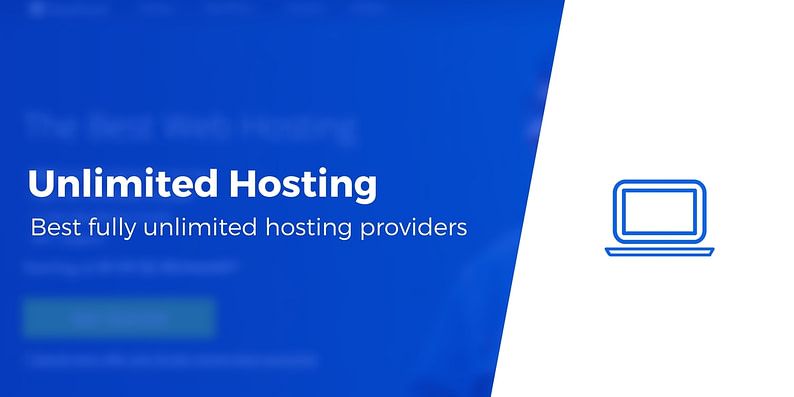
The term “unlimited” hosting is a popular marketing tactic used by web hosting providers to attract customers. It promises seemingly endless resources, such as storage space, bandwidth, and website traffic. However, understanding the true meaning of “unlimited” hosting is crucial before making a purchase.
Potential Limitations of “Unlimited” Hosting
While “unlimited” hosting plans sound appealing, it’s important to understand that there are often limitations and caveats associated with them.
- Resource Allocation and Fair Use Policies: Although providers advertise “unlimited” resources, they typically have internal policies that regulate resource allocation. This means that even though a plan may be marketed as “unlimited,” there are often limits on the amount of resources a single user can consume. For example, if a website experiences a sudden surge in traffic, the provider may throttle the website’s speed or performance to ensure that other users on the same server are not negatively affected. These fair use policies are often not clearly defined in the terms of service, leaving room for ambiguity and potential conflicts.
- Shared Resources: Most “unlimited” hosting plans involve shared server resources, meaning that your website shares the server’s processing power, memory, and other resources with other websites. This can lead to performance issues, particularly if other websites on the server are experiencing high traffic or resource demands. For example, if a website on the same server as yours is using a large amount of bandwidth, it can affect the performance of your website, even if you are not using all of your “unlimited” bandwidth.
- Performance Degradation: When many websites share the same server resources, the overall performance can degrade, especially during peak hours. This can lead to slower loading times for your website, impacting user experience and potentially harming your search engine ranking.
- Service Level Agreements (SLAs): Many “unlimited” hosting plans have limited or no service level agreements (SLAs). SLAs guarantee a certain level of performance and uptime for your website. Without an SLA, you may not have recourse if your website experiences downtime or performance issues due to shared server resources or other factors.
Different Interpretations of “Unlimited” Hosting
The concept of “unlimited” hosting can be interpreted differently by different providers.
- Disk Space: Some providers may offer “unlimited” disk space but restrict the number of files or directories you can create. Others may impose limits on the size of individual files, such as a maximum file size of 2GB. This can be a significant limitation if you need to store large files, such as video files or databases.
- Bandwidth: Similarly, “unlimited” bandwidth may come with restrictions. Providers might limit the amount of data that can be transferred in a specific timeframe, such as a monthly limit. This can be problematic if your website experiences a sudden surge in traffic, exceeding the imposed bandwidth limit.
- Traffic: While some providers may claim to offer “unlimited” traffic, they may limit the number of simultaneous connections or impose restrictions on the type of traffic allowed, such as disallowing high-bandwidth activities like video streaming.
Benefits of Unlimited Hosting Plans
Unlimited hosting plans offer a range of advantages for website owners, particularly those with growing businesses or unpredictable traffic patterns. The core benefit lies in the flexibility and scalability provided by the unlimited storage and bandwidth, ensuring your website can accommodate increasing content and user traffic without encountering performance issues.
Unlimited Storage and Bandwidth: Fueling Growth
Unlimited storage and bandwidth are crucial for website growth and performance. Unlimited storage allows you to store an extensive amount of data, including website files, images, videos, and databases, without worrying about exceeding storage limits. This is especially beneficial for websites with large media libraries, e-commerce platforms, or those that regularly update their content.
Unlimited bandwidth enables your website to handle a high volume of traffic without experiencing slow loading speeds or downtime. This is essential for websites with fluctuating traffic patterns, such as those with seasonal promotions, viral content, or sudden surges in popularity. Unlimited bandwidth ensures that your website can deliver a seamless experience to all visitors, regardless of traffic levels.
Flexibility for Businesses with Fluctuating Traffic Needs
Unlimited hosting plans are ideal for businesses with unpredictable traffic patterns. For example, a seasonal business might experience a significant increase in traffic during peak periods, such as the holiday season. With unlimited hosting, you can accommodate these fluctuations without worrying about exceeding bandwidth or storage limits.
“Unlimited hosting plans are particularly advantageous for businesses with fluctuating traffic needs, such as those with seasonal promotions, viral content, or sudden surges in popularity.”
Considerations for Choosing Unlimited Hosting
While the promise of “unlimited” resources seems appealing, it’s crucial to understand that these terms often have caveats. Choosing an unlimited hosting plan requires careful consideration to ensure it truly meets your needs and aligns with your budget.
Understanding “Unlimited” Hosting
Many hosting providers advertise “unlimited” storage, bandwidth, and other resources. However, these terms are often subject to fair usage policies. These policies are designed to prevent a single user from monopolizing server resources, potentially affecting other users on the same server. It’s important to review these policies carefully before choosing a plan.
Types of Unlimited Hosting Plans

Understanding the different types of unlimited hosting plans is crucial for making an informed decision that aligns with your website’s needs and budget. Each type offers a unique set of features, resources, and performance characteristics. Let’s explore the three main categories: shared, VPS, and dedicated hosting.
Shared Hosting
Shared hosting is the most affordable option, where multiple websites share the same server resources. While it offers unlimited resources, it’s important to understand that these resources are shared, meaning the performance of your website can be affected by the activity of other websites on the server.
- Pros:
- Most affordable option.
- Suitable for low-traffic websites.
- Easy to set up and manage.
- Cons:
- Shared resources can lead to performance issues if other websites on the server experience high traffic.
- Limited control over server settings.
- Security risks due to shared environment.
VPS Hosting
VPS hosting provides a virtualized server environment, offering more resources and control compared to shared hosting. Although resources are still shared with other users, each VPS has its own dedicated operating system and resources, resulting in better performance and security.
- Pros:
- Improved performance compared to shared hosting.
- More control over server settings.
- Enhanced security.
- Cons:
- More expensive than shared hosting.
- Requires some technical expertise to manage.
Dedicated Hosting, Unlimited hosting plans
Dedicated hosting provides a dedicated server solely for your website. This offers the highest level of performance, security, and control, as you have exclusive access to all server resources.
- Pros:
- Exceptional performance and reliability.
- Complete control over server settings.
- Highest level of security.
- Cons:
- Most expensive option.
- Requires significant technical expertise to manage.
| Type | Resources | Performance | Security | Cost |
|---|---|---|---|---|
| Shared Hosting | Shared | Lower | Lower | Lowest |
| VPS Hosting | Partially Dedicated | Higher | Higher | Medium |
| Dedicated Hosting | Dedicated | Highest | Highest | Highest |
Website Performance and Unlimited Hosting
Unlimited hosting plans often promise seemingly limitless resources, but the impact on website performance is not always straightforward. While unlimited resources can be beneficial, understanding the potential downsides is crucial.
Resource Contention and Its Effects
Unlimited hosting doesn’t mean infinite resources are always available. Sharing resources with other websites hosted on the same server can lead to resource contention. This occurs when multiple websites simultaneously demand more resources than the server can provide, leading to slower loading speeds and decreased responsiveness.
“Resource contention is a common problem with shared hosting environments, especially when the server is heavily loaded.”
For example, if multiple websites on the same server experience a sudden surge in traffic, their requests for CPU time, memory, and bandwidth can overwhelm the server, resulting in slower response times for all websites. This can significantly impact user experience, leading to frustrated visitors and potentially lost conversions.
Optimizing Website Performance with Unlimited Hosting
Despite the potential for resource contention, there are strategies to optimize website performance even within the limitations of unlimited hosting.
- Optimize website code and images: Reducing file sizes and optimizing website code for efficient loading can minimize the strain on server resources. This includes minifying CSS and JavaScript files, compressing images, and using a content delivery network (CDN) to distribute website content across multiple servers.
- Utilize caching mechanisms: Caching frequently accessed website content can reduce the workload on the server by serving static content from a cache instead of constantly processing it. This can significantly improve website speed, especially for pages with heavy content or dynamic elements.
- Monitor resource usage: Regularly monitoring server resource usage can help identify potential bottlenecks and adjust website configurations to optimize performance. This involves tracking CPU usage, memory consumption, and bandwidth utilization to understand how website activity impacts server resources.
- Choose a reliable hosting provider: Selecting a hosting provider with a robust infrastructure and effective resource management practices can mitigate the impact of resource contention. Look for providers that offer dedicated server resources, optimized server configurations, and proactive monitoring to ensure website performance is maintained even during peak traffic periods.
Security Considerations with Unlimited Hosting
While unlimited hosting plans offer a compelling proposition for website owners, it’s crucial to understand the security implications associated with this type of hosting environment. Sharing resources with other websites on the same server can introduce potential vulnerabilities if proper security measures aren’t in place.
Security Vulnerabilities in Shared Hosting Environments
Shared hosting environments, by their very nature, present unique security challenges. The proximity of multiple websites on the same server means that a compromise on one site could potentially affect others.
- Cross-Site Scripting (XSS) Attacks: These attacks occur when malicious code is injected into a website, allowing attackers to steal sensitive information or manipulate user actions.
- SQL Injection Attacks: Exploiting vulnerabilities in web applications to gain unauthorized access to databases, attackers can steal, modify, or delete data.
- Brute-Force Attacks: Repeated attempts to guess passwords or login credentials can compromise accounts and gain access to websites.
- Denial-of-Service (DoS) Attacks: Overloading a server with traffic, attackers can make websites unavailable to legitimate users.
- Malware Infections: Websites can be infected with malicious software, which can steal data, redirect traffic, or compromise the entire server.
Securing Websites on Unlimited Hosting Plans
Implementing robust security measures is essential to mitigate these vulnerabilities.
- Keep Software Up-to-Date: Regularly updating your website’s software, including the CMS, plugins, and themes, patches vulnerabilities that attackers exploit.
- Use Strong Passwords: Employ strong, unique passwords for all website accounts, including admin panels, databases, and FTP access.
- Enable Two-Factor Authentication: Adding an extra layer of security, two-factor authentication requires users to provide a code generated by their phone or email in addition to their password.
- Install a Web Application Firewall (WAF): A WAF acts as a shield, filtering malicious traffic and preventing attacks from reaching your website.
- Monitor Security Logs: Regularly reviewing security logs helps identify suspicious activity and take timely action to prevent breaches.
- Backup Your Website Regularly: Regular backups provide a safety net in case of data loss or system compromise, allowing you to restore your website to a previous state.
- Choose a Reputable Hosting Provider: Select a hosting provider with a proven track record of security measures, including regular security audits and malware scanning.
Scalability and Unlimited Hosting
Unlimited hosting plans often attract website owners with their promise of ample resources, but understanding the true nature of “unlimited” is crucial for ensuring long-term scalability. While these plans offer seemingly boundless resources, there are limitations to consider, especially as your website’s traffic and demands grow.
Understanding Scalability in Unlimited Hosting
Scalability refers to a website’s ability to handle increasing traffic, data storage, and processing demands without compromising performance. Unlimited hosting plans can provide a good starting point, but it’s essential to recognize that “unlimited” is a relative term.
- Resource Allocation: Even with unlimited hosting, there are often underlying resource limits. While the provider might not explicitly state a hard cap, resource allocation can still impact performance as more users access your website.
- Shared Resources: Unlimited hosting plans typically involve shared server environments. This means that other websites hosted on the same server might consume resources, potentially affecting your website’s performance.
- Performance Degradation: As your website grows, the shared resources might not be enough to accommodate the increased demands. This can lead to slow loading times, website crashes, and a poor user experience.
Strategies for Long-Term Scalability
Choosing an unlimited hosting plan doesn’t guarantee seamless scalability. To ensure your website’s long-term growth, consider these strategies:
- Optimize Website Performance: Implement website optimization techniques, such as caching, image compression, and code optimization, to reduce resource consumption and improve loading times.
- Choose a Reputable Provider: Select a hosting provider with a proven track record of handling large websites and offering reliable customer support.
- Monitor Resource Usage: Regularly monitor your website’s resource usage to identify potential bottlenecks and areas for optimization.
- Upgrade Hosting Plan: As your website grows, consider upgrading to a more powerful hosting plan, such as a dedicated server or a cloud-based solution, to ensure adequate resources and scalability.
Real-World Examples and Case Studies: Unlimited Hosting Plans
Understanding how unlimited hosting performs in real-world scenarios is crucial for making informed decisions. Examining real-world examples and case studies provides valuable insights into the benefits, challenges, and impact of unlimited hosting on website performance and growth.
Successful Websites Utilizing Unlimited Hosting
Real-world examples showcase the effectiveness of unlimited hosting plans for various website types. These examples demonstrate how unlimited hosting can accommodate diverse website needs and support significant growth.
- E-commerce websites: Websites like Amazon and Shopify leverage unlimited hosting to handle massive traffic spikes during peak seasons like Black Friday and Cyber Monday. Their ability to scale resources dynamically ensures seamless operation even during periods of high demand.
- Content-heavy websites: News websites like The New York Times and BBC utilize unlimited hosting to manage large volumes of content and images, ensuring a smooth user experience for readers. Unlimited storage and bandwidth allow them to store vast amounts of multimedia content and cater to a global audience.
- Community forums and social media platforms: Websites like Reddit and Facebook rely on unlimited hosting to handle the constant flow of user-generated content, comments, and interactions. Unlimited resources allow these platforms to scale their infrastructure to accommodate millions of active users.
Case Studies: Benefits and Challenges
Analyzing case studies reveals the advantages and potential drawbacks of utilizing unlimited hosting plans.
- Case Study 1: A Growing Startup
A startup experiencing rapid growth initially opted for an unlimited hosting plan to accommodate its expanding user base and website traffic. The plan provided ample resources, enabling the company to scale its operations without facing resource limitations. However, as the website’s traffic increased exponentially, the startup encountered performance issues due to shared server resources and limited server processing power. This highlighted the importance of considering the specific needs of the website and the potential for resource contention on shared servers. - Case Study 2: A High-Traffic Blog
A popular blog with millions of monthly visitors utilized an unlimited hosting plan to manage its vast content library and handle peak traffic periods. The unlimited storage and bandwidth proved beneficial, allowing the blog to expand its content offerings and cater to its growing audience. However, the blog experienced occasional slow loading times during peak traffic hours due to the shared server environment. This case study underscores the need to monitor website performance and consider alternative hosting solutions, such as dedicated servers or cloud-based hosting, if performance issues arise.
Impact on Website Performance and Growth
The impact of unlimited hosting on website performance and growth varies depending on factors such as website traffic, content volume, and server resources.
- Positive Impact:
- Scalability: Unlimited hosting allows websites to scale their resources dynamically, accommodating fluctuating traffic and user demand. This ensures smooth operation even during peak periods, preventing performance degradation.
- Growth Potential: Unlimited storage and bandwidth provide ample space for website growth, enabling businesses to expand their content offerings, add new features, and cater to a wider audience.
- Potential Challenges:
- Shared Server Environment: Shared servers can lead to performance issues, especially during peak traffic hours, due to resource contention among multiple websites hosted on the same server.
- Resource Throttling: Some providers may throttle resources, such as bandwidth or CPU usage, to prevent server overload. This can impact website performance and user experience.
Closure
Navigating the world of unlimited hosting requires a balanced understanding of its benefits and potential drawbacks. While the promise of unlimited resources is tempting, careful consideration of your website’s specific needs, growth projections, and budget is crucial. By weighing the pros and cons, exploring different provider offerings, and implementing effective security measures, you can harness the power of unlimited hosting to propel your website to new heights.
Unlimited hosting plans offer a fantastic way to manage your online presence without worrying about storage limitations. You can even create a website showcasing your creative DIY projects, like these stunning dollar tree Christmas crafts ! With ample storage space, you can host high-quality images and videos, ensuring a smooth and enjoyable experience for your visitors.
Unlimited hosting is a great option for individuals and businesses who want to expand their digital footprint and share their passions with the world.

